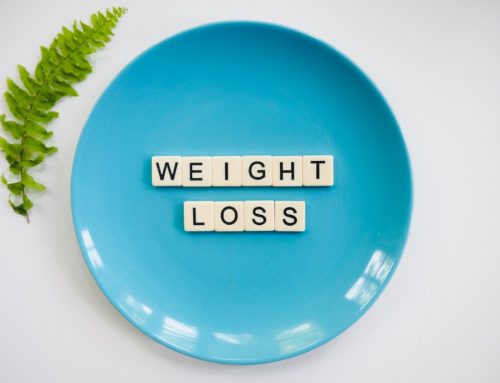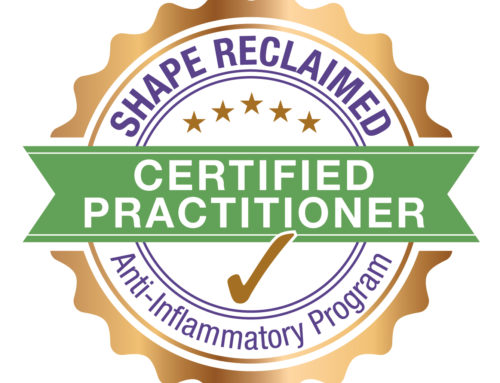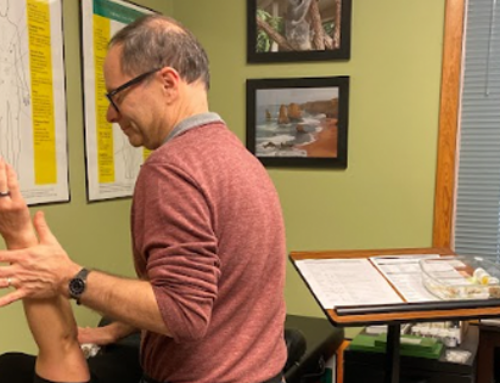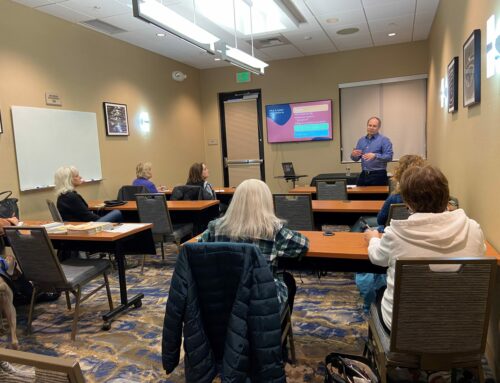This month we continue the theme of nutrition myths and focus on perhaps the most dangerous of all – the belief and marketing of artificial sweeteners as being safe for human consumption. They are not. Let us repeat. Artificial sweeteners are not safe. In fact, they are a major contributor to today’s major health epidemic often referred to as “diabesity” – the combination of diabetes and obesity.
We have addressed many times the basic health risks from being overweight. For a quick review you can follow this link: Your Weight and Your Health
We have also highlighted in other articles how artificial sweeteners negatively impact your digestive system contributing to gas, bloating, constipation, and diarrhea.
PLEASE CHECK THE INGREDIENTS IN YOUR PROTEIN POWDERS!
One of the most deceptive practices of the food industry and the health food industry is the use of artificial sweeteners in protein powders! Protein powders are very popular. They are popular at health clubs, at health food stores, at “healthy” restaurants, and used for quick and easy replacement meals. Well guess what – many of them contain artificial sweeteners. Look on the label for sucralose (better known as Splenda) and Acesulfame-K or sometimes seen as Acesulfame Potassium. Sorry to let you know that what you think is a healthy drink contains poison! Please let us know if you would like some healthier options for your protein powder. While we are not big fans of protein powders, if you are going to use them it is best, they contain healthy ingredients. (Why don’t we like them? The bottom line is at the end of the day they are not real food, they are processed.)
DANGER WILL ROBINSON, DANGER
Kind of funny with all the talk of AI in today’s world that the Robot should warn Will Robinson of impending danger in the 1960’s television show Lost in Space! So, why are artificial sweeteners so dangerous? Quite simply they are a mix of chemicals combined in a laboratory to create a “sweet” taste. They are not food. What has happened since artificial sweeteners have been introduced? Rather than reducing our sugar intake, it has increased! Several recent studies have shown a connection between consuming artificial sweeteners and a subsequent increase in food or calorie intake. What does this mean? It means they are making us hungrier! Why? Because of what happens in your body. To continue this article, click here: Artificial Sweeteners Not Safe
Several years ago, we created a presentation on this subject. This is the most important point of this whole presentation: While it is true that artificial sweeteners do not increase blood sugar (they cannot as they are not a food), they still cause the insulin response. The inspiration for this presentation came from a seminar by Dr. Janet Starr Hull who has written two books on the subject – Sweet Poison: How the World’s Most Popular Artificial Sweetener is Killing Us and Splenda: Is It Safe or Not?
Our presentation teaches you: What are artificial sweeteners? Why are they harmful? Where are they used? What to avoid. What is safe. And what you can do.
Please continue reading here: Everything You Wanted to Know About Artificial Sweeteners But Were Afraid to Ask
If you would like more evidence on the dangers of artificial sweeteners here are some studies that have directly linked them to diabetes. Artificial Sweeteners and Diabetes
A REVIEW OF CARBOHYDRATES
One last piece to the puzzle is a refresher for you on carbohydrates. The amount of carbohydrates to have in our diet is probably the most controversial question of nutrition. You will see heated debates illustrating the benefits of both low carbohydrate diets and high carbohydrate diets. The Standard American Diet (SAD) has become a high carbohydrate diet.
Yes, we use carbohydrates for energy. They provide quick energy. Carbohydrates are converted into blood glucose (blood sugar) which feeds our brain and red blood cells. Ever notice how irritable you get when hungry? The brain does not operate very well without nourishment.
However, carbohydrates are not the only source of energy. Fat (as will be detailed in the next article) also provides energy. When most of us think of carbohydrates we think grains, breads, and sweets. They are not the only choice. Vegetables and fruits contain carbohydrates and roughly 30% of protein converts to carbohydrates.
Remember this simple equation. To your body: CARBOHYDRATE = SUGAR! That’s all you need to know. If we consume lots of carbohydrates (like 60% or more of our diet as recommended by the USDA) we consume lots of sugar. While sugar can be used for energy, excess sugar is converted into fat and stored and has many adverse effects on the body. The bottom line – it is sugar that makes us fat! To read the remainder of the article click here: Cut the Carbs
NOT MUCH NEW UNDER THE SUN – NUTRITION NEWS FROM 1967
The truly sad part is that none of this is new. A great resource for nutrition information is the International Foundation of Nutrition and Health. We are proud members. Please check out their website at The IFNH. As part of membership renewal, they send out old copies of what was called, “Applied Trophology.” This was originally published each month by Standard Process Laboratories (yes, Standard Process) for “circulation restricted to professional use.” Each issue contained information on the latest research and trends in the nutrition field with the disclaimer, “…all such conclusions and opinions are issued in accordance with the publisher’s inalienable right to freedom of the press, under and pursuant to the First Amendment of the U.S. Constitution.”
Anyway, July 1967 features an article called, “The Saccharine Disease.” At that time saccharine was the leading artificial sweetener. “The Saccharine Disease includes diabetes, obesity, coronary thrombosis, and certain infections with the Bacillus coli, together with dental caries, varicose veins, and peptic ulcer. This essentially simple conception is based on both evolutionary and epidemiological evidence, which we have martialed in our joint work and of which we are able to present here only a few details.”
The November and December 1967 issues feature, “Our Biological Poisons” – a discussion of DDT – the first pesticide used commercially and connecting it to water pollution, destruction of birds and bees, contamination of food sources, and genetic interference.
These pamphlets are available from the IFNH. Click here: Applied Trophology
JUNE APPOINTMENTS IN BELGIUM, WISCONSIN
As a reminder, our next appointments in Belgium, Wisconsin are June 12-14. The appointments are almost fully booked already, so please let us know if you would like to schedule an appointment. If you have a referral, please have them contact us soon so we can get them scheduled.
Bernard Rosen, PhD is a Nutrition Consultant and Educator. He works with individuals, groups, and at corporations to create individualized nutrition and wellness programs. His office is in Coeur d’Alene, ID. To learn more or to schedule an appointment, e-mail at bernie@brwellness.com, call (208) 771-6570 or go to www.brwellness.com.







